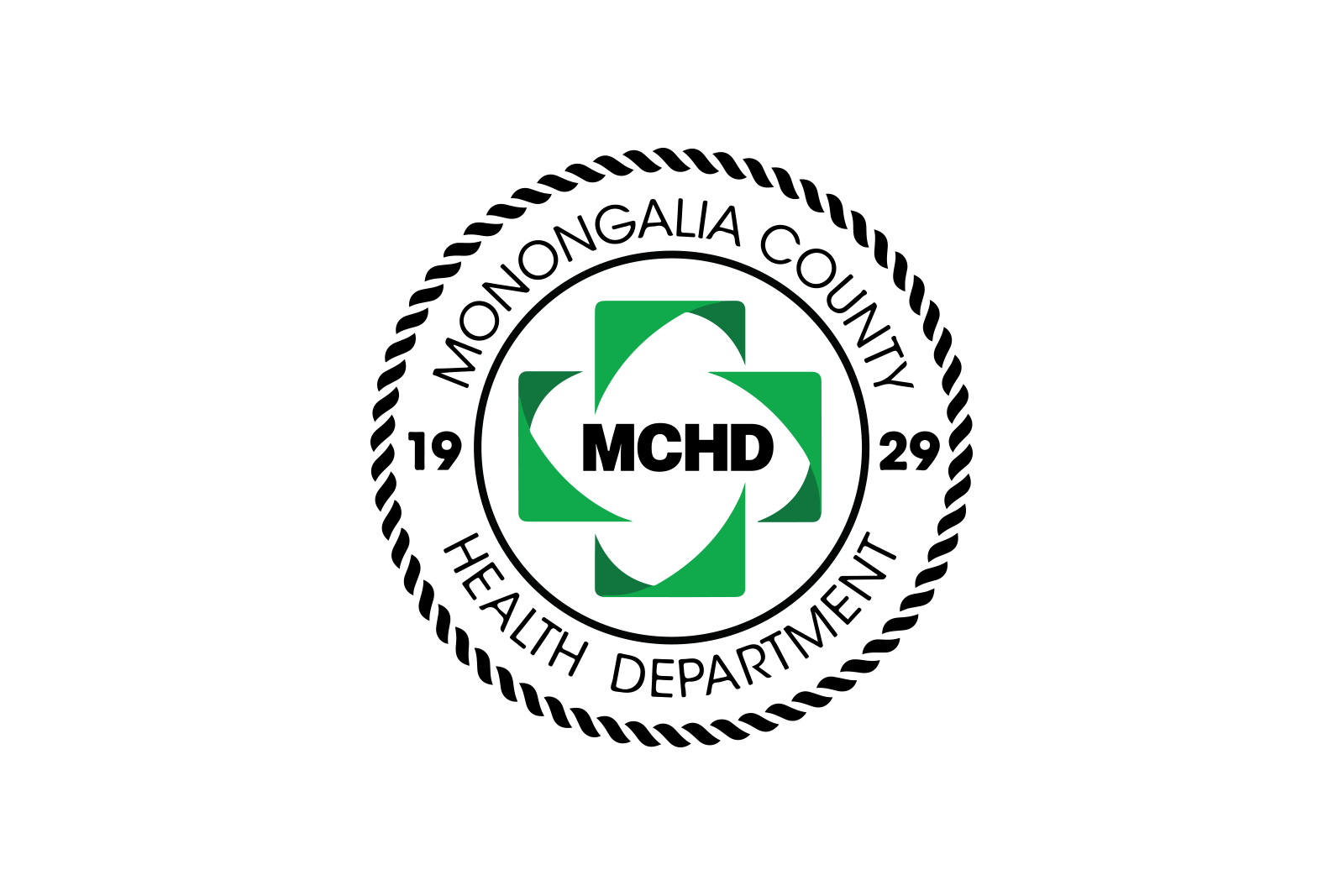It's Diabetes Alert Day. Take the test!

Mar. 24, 2020
By Matthew Cimino
Yes, we know people have a lot on their minds with the COVID-19 pandemic ramping up in West Virginia. But we still need to take care of our health. In fact, right now, it's more important than ever. Keeping your immune system boosted is a key way to avoid COVID-19, along with washing hands, covering coughs and sneezes, getting plenty of sleep and pretty much staying indoors and socially distanced from others.
That's why we're noting that today is American Diabetes Association Diabetes Alert Day. The fourth Tuesday of every March is dedicated to raising awareness and assessing your risk of developing the disease.
About 30.3 million Americans are affected by the disease. That's almost 10% of the U.S. population. Of those who are afflicted, around one in four are unaware they even have it. Long-term health problems that can come from untreated diabetes include heart disease and stroke, permanent nerve damage, kidney disease, poor blood flow and many other issues.
There are two types of diabetes, named type 1 and type 2.
Type 1 diabetes is when your body fails to produce any insulin. The immune system attacks and destroys cells in the pancreas that would normally make it. It is mostly diagnosed in children and young adults. Around 5% of people living with diabetes have type 1. While the exact causes of this version of the disease have yet to be uncovered, researchers believe it is linked to genetics and environmental factors.
Type 2 diabetes is the most common form of the disease. It is characterized by the body’s poor production and usage of insulin. Adults ages 45 and older are most likely to develop it. Symptoms of type 2 diabetes can include increased thirst and hunger, tiredness, blurred vision, numbness in the feet or hands, poor healing and sudden weight loss.
It is important to be aware of the disease because symptoms often develop slowly. Many people either have no symptoms or do not notice at all. Ways to prevent type 2 diabetes will be discussed further down.
Unfortunately, many people are unaware of the condition known as prediabetes. Prediabetes is characterized as having blood glucose levels higher than normal, but not high enough to classify as diabetes. 84 million Americans are considered to have prediabetes. The best ways to avoid this stage of heightened risk are to lose weight, stay active and eat a well-rounded diet.
There are multiple factors that can increase your risk of getting type 2 diabetes. Being overweight or not physically active opens the doorway to other health problems along with diabetes. Having or developing high blood pressure can also add to your chances. If you are clinically diagnosed as being prediabetic, it is very important to make diet and exercise changes. Family history is one of the strongest influencers that cannot be avoided, but you can compensate for it by taking proper preventative steps.
So how can you prevent type 2 diabetes?
Eat mainly healthy foods. Not only are they lower in calories, but they are also rich in macro and micro-nutrients. It is okay to treat yourself occasionally. Try and stay away from foods high in fat and drink water instead of sweetened beverages.
Exercise more. Aim for around 30 minutes of physical activity five days out of the week. If you have not exercised in a while or are new to it, start small and gradually build up to consistent activity. Discuss with your healthcare provider which activities are best for you.
Lose weight and keep it off. If you are overweight, losing five to seven percent of your body weight can prevent or significantly delay development of diabetes. Weight loss will simultaneously make exercise easier as your body able to move more.
Make a difference this Diabetes Alert Day. Know your risk and attempt to reduce it. You can take control of your health and keep diabetes out of your life. Inform friends and family too! Take steps to keep everyone around happy and healthy.
If you are concerned for yourself or a loved one, do not hesitate to take the Diabetes Risk Test or talk to a healthcare provider.
Matt Cimino is a public information office intern at Monongalia County Health Department.